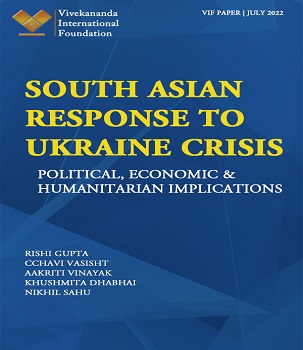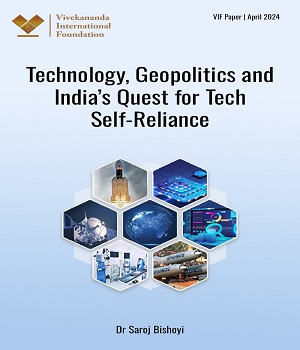The Russian “special military operation” launched against Ukraine on February 24, 2022, has impacted countries worldwide. While the global powers are busy in either extending support or condemning Russia in their respective ways, the fundamental issues arise from the political and economic impact of the crisis on the world economy. So far, the most visible impact of the Ukraine crisis globally has been the price rise in petroleum products. Also, the global sanctions on Russia have further interrupted the supply chain of goods from one region to another. In terms of response and impact of the Ukraine crisis on South Asian countries, it has been a mix of condemnation of Russian aggression and opting for neutral positions. However, all countries in the region have urged both parties to opt for peaceful means of diplomacy to resolve the differences. Yet, there has been a severe impact on the economic well-being of the South Asian Countries. For instance, Sri Lanka, the island country, is facing the worst economic and political upheavals with no immediate handy solutions. The economy had already been in disarray since COVID-19, and policy-level mishaps have cost dearly the people of Sri Lanka. With its exhausted foreign reserves, it depends on foreign assistance, including India and the International Monetary Fund, to ensure the supply of fuels and adequate supply of food items. Coupled with the internal crisis, Sri Lankan tea export has received a huge hit with international sanctions in place. This prevents Sri Lanka from exporting tea to Russia, which is a huge market for the former. Amidst geo-strategic compulsions, Sri Lanka had abstained from the UN resolution against Russia.












Post new comment